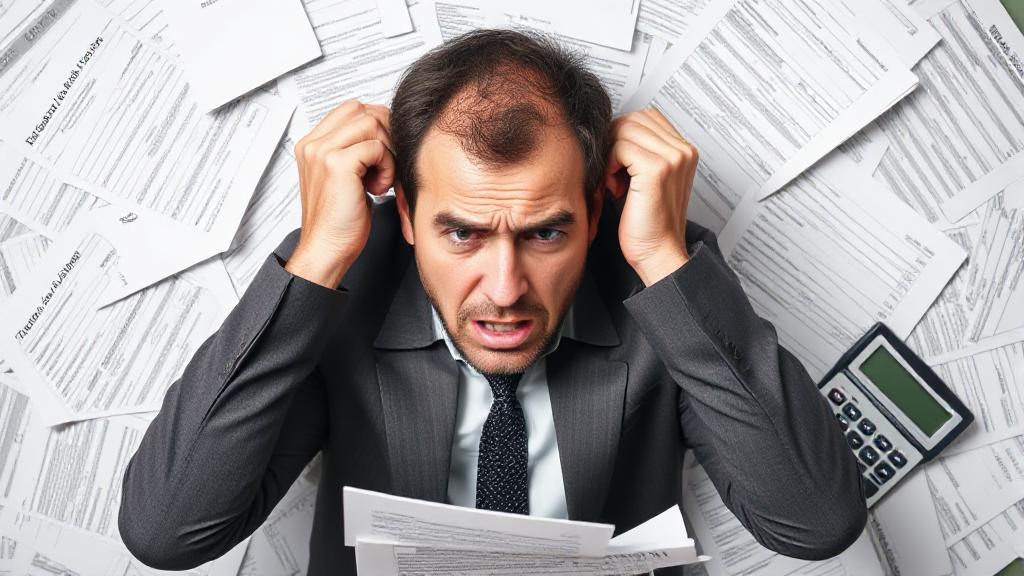Common Reasons for Owing Taxes
Insufficient Tax Withholding
One of the primary reasons people owe taxes is not having enough money withheld from their paycheck throughout the year. This can happen when:
- You filled out your W-4 form incorrectly
- You have multiple jobs
- Your spouse also works, affecting your combined income bracket
- You received a large bonus or commission
- You claimed too many allowances
Additional Income Sources
Self-Employment Income
If you're self-employed or do freelance work, you are responsible for paying both income tax and self-employment tax. Many self-employed individuals underestimate their tax liability or fail to make quarterly estimated tax payments.
Investment Income
Capital gains, dividends, and interest from investments can trigger tax liability, including:
- Stock market gains
- Cryptocurrency trades
- Rental property income
- Interest from high-yield savings accounts
Changes in Tax Laws and Credits
"The only constant in life is change" - This applies to tax laws too.
Tax laws can change from year to year, affecting your tax liability. You might owe money because you:
- No longer qualify for certain deductions
- Have children who aged out of tax credits
- Lost the mortgage interest deduction
- Experienced changes in state and local tax (SALT) deduction limits
How to Prevent Owing Taxes
Adjust Your Withholding
Use the IRS Tax Withholding Estimator to determine the correct amount to withhold from your paycheck.
Plan for Additional Income
Set aside approximately 25-30% of any additional income for taxes, depending on your tax bracket.
Stay Informed About Tax Law Changes
Keep up-to-date with any changes in tax laws that may affect your situation. Consider consulting with a tax professional or using reputable tax software to ensure compliance.
What to Do If You Owe Taxes
File Your Return on Time
Even if you cannot pay the full amount owed, it's crucial to file your tax return on time to avoid additional penalties.
Payment Options
If you can't pay immediately:
- Consider an IRS payment plan
- Explore options for an Offer in Compromise
- Look into installment agreements
Consequences of Unpaid Tax Debt
Failing to pay can result in:
- Penalties and interest charges
- Tax liens on assets
- Tax levies
- Damage to credit score
Professional Help
Sometimes, it's worth investing in professional assistance:
These professionals can help you:
- Understand your tax situation
- Plan for future tax years
- Identify potential deductions
- Navigate complex tax laws
Remember, owing taxes isn't necessarily bad—it often means you earned more than expected. However, proper planning can help you avoid surprises and manage your tax liability more effectively. For more information, visit the IRS website or consult with a tax professional.
